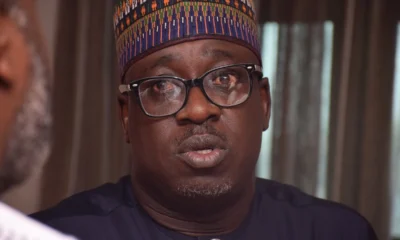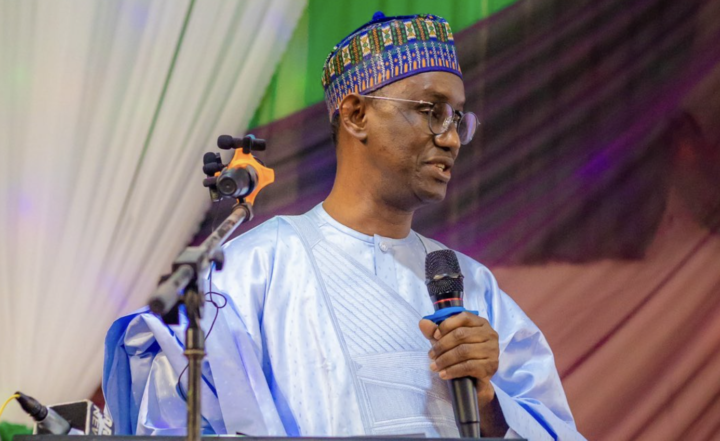-

 BIG STORY1 day ago
BIG STORY1 day agoBREAKING: Governor Sanwo-Olu Accepts Hosting Rights For BON Awards, Lauds Organisers’ Guinness World Record Bid
-

 BIG STORY4 days ago
BIG STORY4 days agoDangote Group, Ethiopia Sign Agreement To Build $2.5bn Fertiliser Plant
-

 BIG STORY3 days ago
BIG STORY3 days ago32-Year-Old Lagos Painter Nabbed For Kidnapping Customer’s 7-Year-Old Son
-

 BIG STORY4 days ago
BIG STORY4 days agoADC Questions INEC Voter Registration Figures, Demands Forensic Audit
-

 BIG STORY5 days ago
BIG STORY5 days agoNigerian Streamer Peller Allegedly Kidnapped By Gunmen During Livestream [VIDEO]
-

 BIG STORY1 day ago
BIG STORY1 day agoFirstbank’s ₦1 Trillion Digital Loan Disbursement Milestone And The New Era Of Inclusive Lending In Nigeria
-

 BIG STORY3 days ago
BIG STORY3 days agoGTCO Increases GTBank’s Paid-Up Capital To ₦504 Billion
-

 BIG STORY4 days ago
BIG STORY4 days agoBREAKING: 32-Page Passport Now To Cost N100,000, 64-Page N200,000 — Nigeria Immigration
Connect with us





















